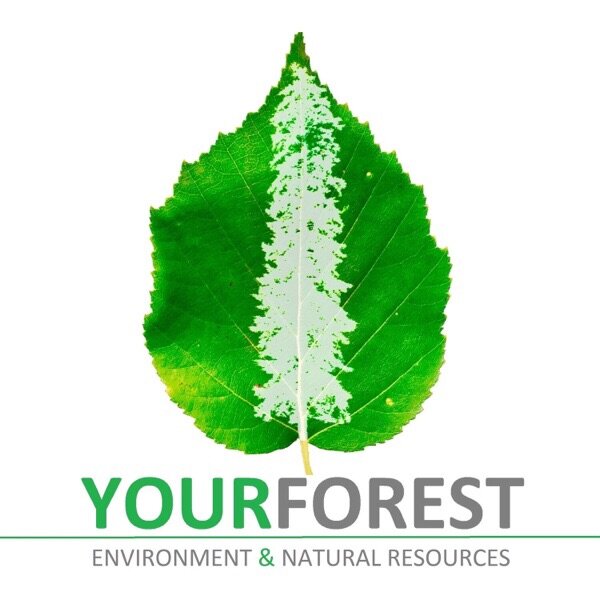Public forests hold a lot of value for people. Clean water, fresh air, organic food, rich ecosystems, recreation opportunities, and timber for our homes. Now, it is forest professionals job to manage the public resource for these values. Only, how do we know what the public values? Have we asked? This episode is about social license, and the idea of a forest profession that is forever moving forward to better protect the public interest.
Resources
Association of Alberta Forest Management Professionals (AAFMP)
The Myth of the Omnipotent Forester
Has the Myth of the Omnipotent Forester Become the Reality of the Impotent Forester?
Sponsors
Quotes
33.06 - 33.11: “Our inherent nature is to read and seek information that supports our bias.”
Takeaways
The forest path (05.20)
Carla comes from a family of loggers in BC, and began tree planting and working on fires after high school. She then studied integrated resource management, and uses the courses she studied to this day. After having her son, she worked for non-profits and then moved to Alberta, where she has been involved in advocacy work, and her present job involves rules and policy too. Her non-profit work informs her of practices and legislation across Canada, while her farm has made her skilled at all aspects of farming.
For the people (13.00)
Carla defines the role of the regulator as protecting the public interest by ensuring foresters are qualified and pursuing continuing competence. Governments in multiple jurisdictions are reviewing the role of the regulator to help all stakeholders understand it. In forestry, forest professionals are responsible to apply the values of the public in their work. However, they often find themselves torn between the expectations of conflicting parties. She highlights the importance of ongoing public consultation, communication and relationship building.
The forestry industry (23.40)
Carla talks about how the industry is different today, with increased interaction with the public and the earning of social licences since most of what forest professionals do has a significant public impact. She encourages those looking to enter the industry to make the most of their time at school, selecting electives wisely and conducting informational interviews with professionals in the field to shine a light on their blind spots in the profession. She also celebrates reading about different perspectives in the field to broaden one’s horizons and ignite creativity.
“One of the core foundations of ethics is continuing competence” (36.10)
Carla laments that forestry has been accused of being stuck to old ways, but she finds foresters to be open and receptive. She talks about how some foresters are questioned for their lack of complete education. However, it is essential to be abreast with up-to-date science and apply it to one’s work, as due diligence. In the Friday notices she sends to all AAFMP members, she includes links to new information and Matt’s podcast. She recommends all professionals take 1-2 Indigenous courses every year for cultural learning.
Lifelong learning (55.33)
The continuing competence program is defined by the AAFMP council and is regularly reviewed. The intent is to move away from hours-based programs to competence profiles, which can lead to career growth. Carla gives the example of the Forest Technologist Standards they developed, which include soft sciences and an Indigenous component. While licensees have to complete a lot of mandatory training, she encourages professionals to assess their organization’s support for continuing education.
Being open (1.02.23)
Carla believes curiosity forms a large part of successful competency training. When one approaches Indigenous consultation from a place of inquiry, it prevents missing the big pieces of the conversation. She cites David Bohm’s theory on discussion, which is two parties defending their own ideas ad infinitum, while dialogue allows the parties to understand the underlying values of their arguments to approach each other better and reach a common ground. She shares how AAFMP revised their exam to better help entrants in the field.
“Public interest is a moving target” (1.12.00)
Carla believes in encouraging people to be a part of the process of this self-regulated profession and to volunteer for committees that help make it what it is. She deliberates how this technical profession can be opened up to the public for feedback but is hopeful to be one of the regulatory bodies that are always trying to improve. She explains how her work involves balancing the interests of the bulk of the people with protecting minorities and being fair to the fringes of the profession.
If you liked this podcast, please rate and review it, share it on Instagram, Twitter and Facebook and tag a friend, and send your feedback and comments to yourforestpodcast@gmail.com.

